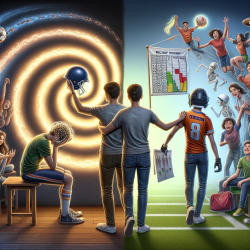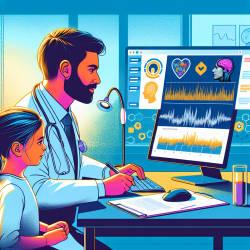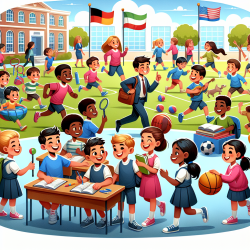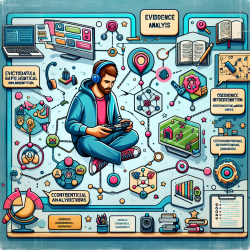Revolutionizing Concussion Recovery: Insights from Adolescent Athletes
Concussions are a significant public health concern, particularly among adolescent athletes. A recent study titled Lived Experiences of Adolescent Athletes Following Sport-Related Concussion explores the profound impact these injuries have on young athletes' psychosocial and emotional health. This study offers critical insights that practitioners can leverage to enhance their concussion management strategies.
Understanding the Psychosocial Impact
The study involved interviews with 12 adolescent athletes who had experienced sport-related concussions. The findings revealed that these injuries significantly affect various aspects of life, including emotional well-being, school performance, and social interactions. Participants reported symptoms such as headaches, dizziness, and fatigue, which hindered their daily activities and academic performance.
Emotional and Social Challenges
Emotionally, athletes experienced increased irritability, sadness, and anxiety. Socially, they felt isolated from their peers and teams, often perceiving themselves as letting others down. These emotional and social challenges highlight the need for a comprehensive approach to concussion management that addresses more than just the physical symptoms.
School and Academic Adjustments
The study underscores the importance of academic adjustments in supporting recovery. Many athletes struggled with concentration and fatigue, leading to academic challenges. Implementing formal or informal adjustments, such as extended time for assignments and rest breaks, can significantly aid recovery and help maintain academic performance.
Minimizing and Masking Symptoms
Alarmingly, many athletes admitted to minimizing or masking their symptoms to avoid being perceived differently by their peers. This behavior can delay recovery and exacerbate symptoms. Practitioners must foster an environment where athletes feel comfortable reporting symptoms without fear of judgment.
Implementing Best Practices
- Provide anticipatory guidance to educate athletes and their families about concussion symptoms and recovery expectations.
- Develop school policies for academic adjustments to support students' recovery.
- Encourage open communication between athletes, parents, coaches, and healthcare providers to ensure a holistic approach to recovery.
Encouraging Further Research
This study highlights the need for ongoing research into the psychosocial aspects of concussion recovery. Practitioners are encouraged to delve deeper into these findings to develop more effective management strategies that encompass the full spectrum of health-related quality of life.
To read the original research paper, please follow this link: Lived Experiences of Adolescent Athletes Following Sport-Related Concussion.










